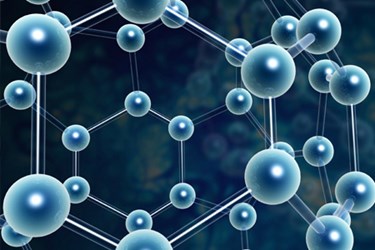Missouri Researchers Discover Oxidative Stress-Fighting Molecule

Researchers at the University of Missouri (MU) have isolated a molecule which may effectively treat oxidative stress, a condition which is thought to be a contributing factor in as many as 200 different diseases, including cancer, Parkinson’s disease, and Alzheimer’s disease.
Oxidative stress is the result of the body’s inability to adequately process reactive oxygen species (ROS), which sometimes are known as “free radicals.” ROS is a natural by-product of breathing and other metabolic processes, but it can be increased by external factors, such as air pollution or could begin as a genetic disorder — a dysregulation of nuclear factor-like two (Nrf2) thought to be the regulator of anti-oxidant response.
Though ROS can sometimes be put to good use by the immune system in fighting pathogens, if anti-oxidants do not adequately work to keep their levels down, an excess can lead to cell damage or excessive cell proliferation.
Mark Hannink, professor and researcher at MU explains, “Finding the right balance is like walking a tightrope; our work has focused on finding ways to keep oxidative stress at bay.”
The MU Study was a collaboration between researchers at MU and High Point Pharmaceuticals, a firm based in North Carolina. The research team isolated a compound with promising candidacy in treating oxidative stress, HPP-4382, which was subsequently patented by High Point.
According to the study’s conclusions, the key was finding a molecule which could boost a cell’s resistance to ROS without being toxic to the system.
The study reports, “Currently, all described small molecule inducers of Nrf2 activity are reactive electrophiles. Typically such compounds are not considered pharmaceutically acceptable, as they can present safety and toxicity liabilities.”
Hannink expressed his confidence in HPP-4382’s safety and efficacy. “We found the right molecule that corrects the imbalance of oxidative stress and could one day have wide applicability. Because of this study, we have a better understanding of what these compounds are doing to counteract oxidative stress.
HPP-4382 joins the pipeline of many oxidative stress treatment candidates currently moving toward clinical trial, including a potential biologic recently discovered in India at the Indian Institute of Science.
An effective treatment for oxidative stress could lead to a huge variety of new medical treatments and drugs.
In the MU statement, Hannink says that his research serves as a “good starting point for researchers to find similar compounds.
